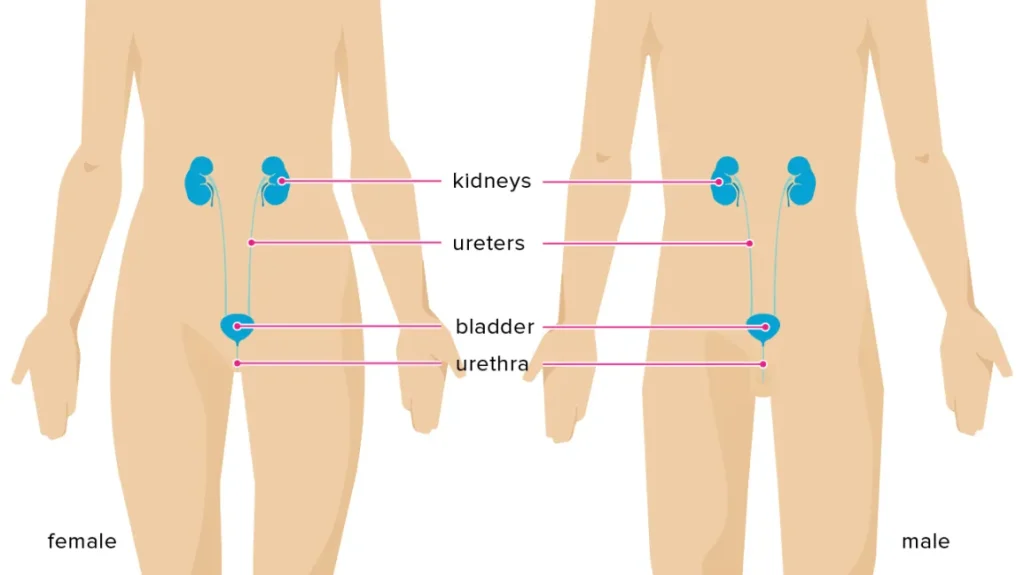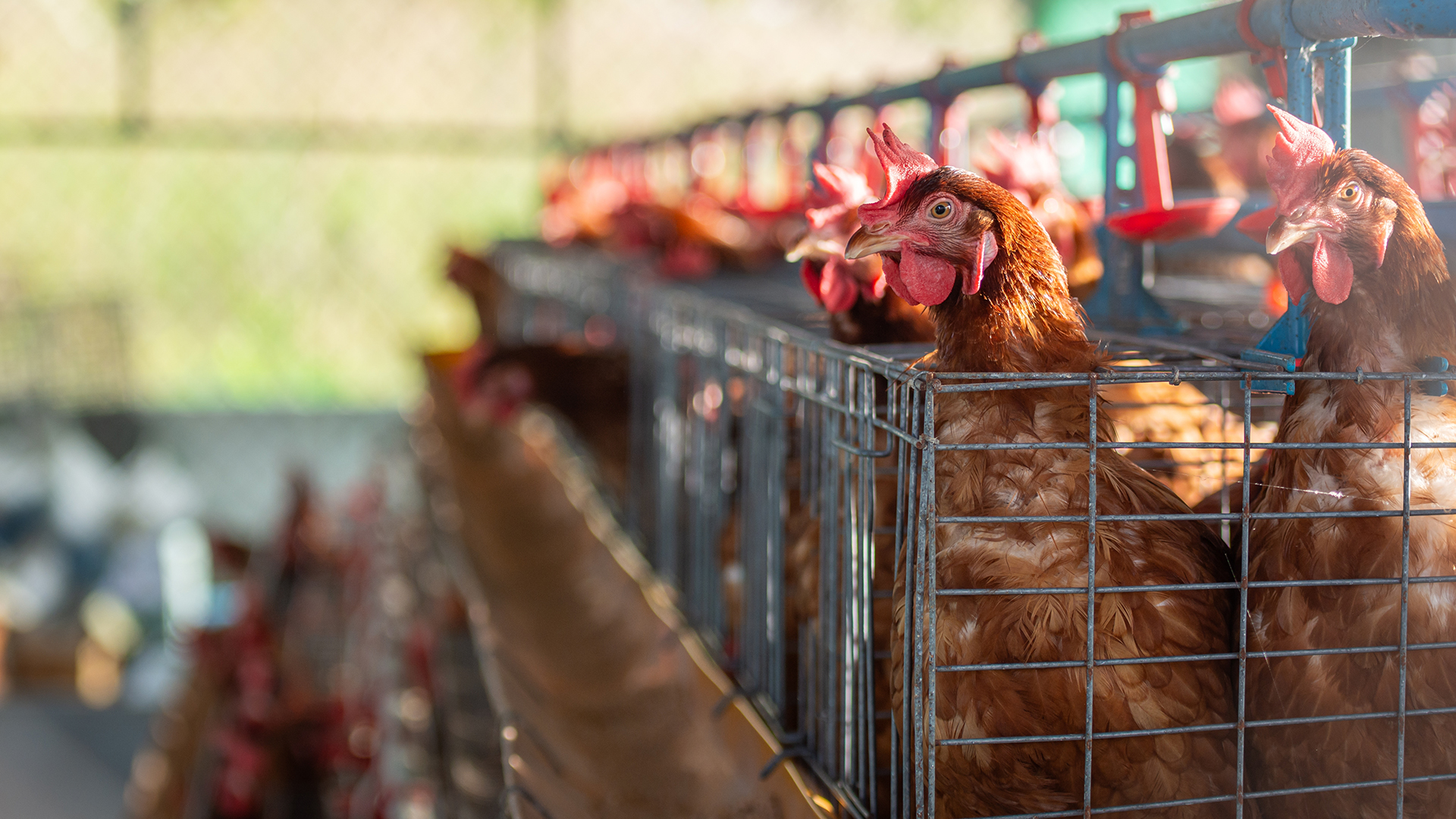Urinary tract infections (UTIs) are becoming increasingly common, with a dramatic rise in cases over recent decades. Between 1990 and 2019, the global burden of UTIs surged by more than 68 percent. This troubling trend is accompanied by another serious issue: antibiotic resistance.
The rising resistance to antibiotics, partly fueled by the overuse of these medications in agriculture, is making UTIs harder to treat and manage.
Understanding the UTI Crisis

UTIs affect various parts of the urinary tract, including the bladder, kidneys, ureters, and urethra. While bladder infections, or cystitis, can be uncomfortable but not life-threatening, UTIs that reach the kidneys or bloodstream can lead to severe complications such as blood poisoning, sepsis, kidney damage, or even kidney failure.
The increase in UTIs is partly due to the aging global population, as older adults are more prone to these infections.
Dr. Comiter, a microbiologist and Chief Medical Officer at the Antibiotic Resistance Action Center at George Washington University, notes that UTIs are becoming more common among seniors, which adds to the overall rise in cases.
The Role of Antibiotic Overuse in Agriculture
The link between UTIs and antibiotic overuse might not be immediately clear, but it is crucial. The overuse of antibiotics in agriculture significantly contributes to the problem of antibiotic resistance.
In commercial farming, antibiotics are often used not only to treat sick animals but also to promote growth and prevent disease. This practice fosters the development of antibiotic-resistant bacteria, which can then be transmitted to humans through the food supply.
These resistant bacteria are harder to treat with conventional antibiotics, making UTIs and other infections more challenging to manage. The overuse of antibiotics in livestock creates a reservoir of resistant bacteria, posing a significant risk to human health.
Steps to Address the UTI and Antibiotic Resistance Crisis
To combat the rising incidence of UTIs and the growing problem of antibiotic resistance, several key measures are necessary:
1. Reduce Antibiotic Use in Agriculture:
Stricter regulations on the use of antibiotics in livestock can help curb the development of resistant bacteria. This includes limiting the use of antibiotics for growth promotion and ensuring they are used only when necessary for treating disease.
2. Promote Responsible Antibiotic Use:
In healthcare, it is essential to use antibiotics wisely. Prescribing antibiotics only when needed and ensuring patients complete their full course of treatment can help prevent the development of resistance.
3. Improve Hygiene Practices:
Good personal hygiene and proper sanitation can reduce the risk of UTIs. For instance, maintaining clean conditions when preparing and storing food can help minimize bacterial contamination.
4. Advance UTI Prevention and Treatment:
Developing new antibiotics and exploring alternative treatments are crucial for addressing resistance. Additionally, raising awareness about UTI prevention and early intervention can improve health outcomes.
The increasing prevalence of UTIs and the growing challenge of antibiotic resistance are complex issues with multiple contributing factors.
The overuse of antibiotics in commercial agriculture is a major factor in this problem, underscoring the need for more responsible practices in both agriculture and healthcare. By addressing these issues comprehensively, we can work to reduce UTI rates and combat antibiotic resistance, ultimately protecting public health.
By focusing on these strategies, we can take significant steps toward managing the UTI crisis and mitigating the impact of antibiotic resistance.






